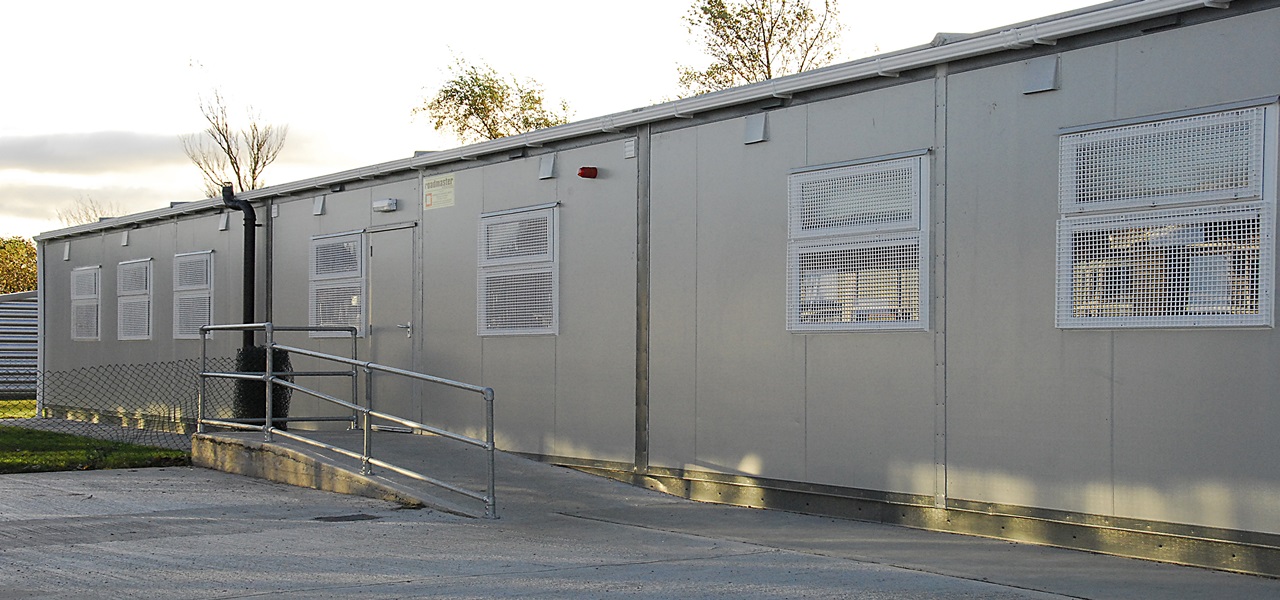Local Fine Gael TD Grace Boland has called on the Minister for Education to improve conditions in schools in Dublin Fingal West.
Boland, who was elected to the Dáil in last November’s general election, represents Balbriggan, Rush, Lusk and Skerries as a TD and said that classroom standards in the area are “appaling.”
Speaking in the Dáil this week, Boland put pressure on Fine Gael colleague Helen McEntee to deliver improvements to her constituency.
“In my constituency of Dublin Fingal West, there are numerous projects that are taking an extraordinarily long time; some cases are taking decades.”
“It is essential that the Department of Education works collaboratively with principals to deliver our school buildings and extensions quickly, efficiently, and as soon as possible to meet the growing demands.”
Boland said that students and teachers in the constituency are working in “appalling conditions.”
“They have been delivered extensions of prefabs, which are uninsulated and falling apart. Kids are wearing coats in the classroom, and there is damp, mould and unsuitable toilet facilities.”
“We need to make sure the Department of Education is engaging, delivering and working with our principals who are doing their very best.”
The Fine Gael TD noted that the demographics of Dublin Fingal West are among the youngest constituencies in the country and as such, it was crucial that educational facilities in the area reflect that.
“Balbriggan is the youngest large town in the country; we are rapidly growing. The towns of Rush and Lusk were tiny villages when I was a child but are now full of young and growing families”
“We are not delivering schools quickly enough – in Rush in particular, three schools have been waiting for decades. We need to see faster delivery.
Prior to her election to the Dáil last November, Boland said that “there are 8,000 children currently in school in Balbriggan and many more in the surrounding areas; our students can thrive, innovate, and build their futures locally if we invest in the necessary infrastructure now.”
“This is about education, but it’s also about creating opportunities and building a hub of learning and growth.”
Minister McEntee said, “I am absolutely committed to working with her and all of the schools.”
The Minister pointed to the Department of Education spending more than €5.8 billion in school improvement since 2020, with €1.3 billion of that figure being spent in Dublin alone.
However, as has been the case with the ongoing special education crisis in Dublin and beyond, simply throwing money at a problem is not enough to solve it.
In the context of educational spending, there are often major announcements about money being allocated for projects but with little in the way of specifics or timeframes.
This, according to Boland, needs to be rectified.
“We need to move away from patching up prefabs that have been there for ten, 20 or 30 years when they were only intended to be used for a few years,” she said.
“We need to invest in our schools and invest in the future and in our children and teachers, by providing good, accessible, reasonable school accommodation.”
She said that the Department of Education should be compelled to respond to principal requests within a certain timeframe.
“A common theme in representations I get from principals is that they are not being responded to in a timely manner; I do not just mean it being a case of weeks or months; in some cases, it can be years,” she said.
“It would be good to see the Department of Education bring forward a specific timeframe in which it will respond to principals, and they will no longer be ghosted,” she stated.
Boland invited Minister McEntee to Rush in Dublin Fingal West to see some of these fantastic schools like St. Joseph’s Secondary School and Rush National School and to see “staff working in really appalling conditions but still doing a fantastic job.”
The Minister said she would be happy to visit the schools to get a first-hand look at the issues facing them, adding, “the more we invest in schools now, the less they will need later on.”
“The objective of the Department of Education and my role and that of the Deputy is to make sure that students are supported to fulfil their potential; this means them having the resources they need, including teachers, SNAs, and special education teachers.”
“Students have to be educated in a setting that is conducive to that, and this is why I am committed to securing more money in the budget so that we can develop more projects. I take the Deputy’s point on timely engagement with principals. This might be something I could speak directly to her about how it is working at the moment and how we can improve it.”
The Minister defended the government’s record on spending, saying, “it is important to stress that there is record investment going into school buildings.”
“We have 3,000 primary schools and 700 post-primary schools; the priority and focus always has to be to make sure, where additional accommodation is required, that we do this first, if an extension is required.”
“I fully accept that some schools are decades old and need to be refurbished but we need to make sure that the steady pipeline is being worked through and it is being done as quickly as possible.”
